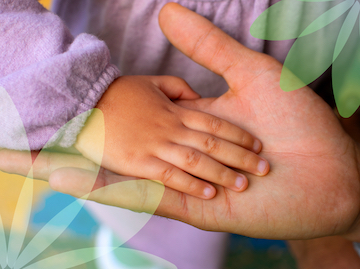
Understanding Emotional Regulation inChildren with ADHD
Written by Sophie Ryan
31 January, 2025
Living with ADHD involves much more than the commonly recognised symptoms of inattention and hyperactivity. One of the most challenging yet less discussed aspects of ADHD is emotional regulation - the ability to manage and respond to emotional experiences appropriately.
The Hidden Challenge
Whilst most people associate ADHD with difficulty focusing or sitting still, the reality is far more complex. Children with ADHD experience emotions just as intensely as their peers - happiness, sadness, anger, joy - but their brain's ability to process and regulate these emotions works differently. It's like having a powerful engine but with brakes that need extra attention and care.

Why Do Children with ADHD Struggle with Emotions?
The challenge lies in the brain's executive functioning system - think of it as the brain's control centre. In children with ADHD, this system processes information differently, affecting their ability to:
Organise thoughts and reactions
Switch between different emotional state
Handle multiple pieces of information simultaneously
Respond proportionately to emotional triggers
When these systems are affected, children might react more intensely to situations that their peers handle with relative ease. A minor disappointment might trigger a significant emotional response, or excitement might escalate quickly into overwhelming behaviour.
The Bottom-Up, Top-Down Connection
At Beanemo, we understand that traditional approaches to emotional regulation might not work as effectively for children with ADHD. Instead of relying solely on verbal instructions or rules, consider these strategies:
Create a "feelings vocabulary" to help your child identify and express emotions

Use visual aids and cues to help recognise emotional states

Practise mindfulness techniques adapted for ADHD minds

Develop physical coping strategies like deep breathing or movement breaks

Establish consistent routines that provide emotional security

The Path Forward
Understanding that emotional regulation challenges are a core part of ADHD helps parents and educators provide more effective support. Rather than viewing emotional outbursts as behavioural problems, we can recognise them as opportunities to teach and strengthen emotional regulation skills.
Remember, every child's journey with ADHD is unique. The key is finding the right combination of strategies that work for your child and consistently practising them in a supportive environment.
At Beanemo, we believe in empowering parents and children with knowledge and practical tools to navigate the complexities of ADHD. By understanding the connection between ADHD and emotional regulation, we can help our children build the skills they need for emotional resilience and success.